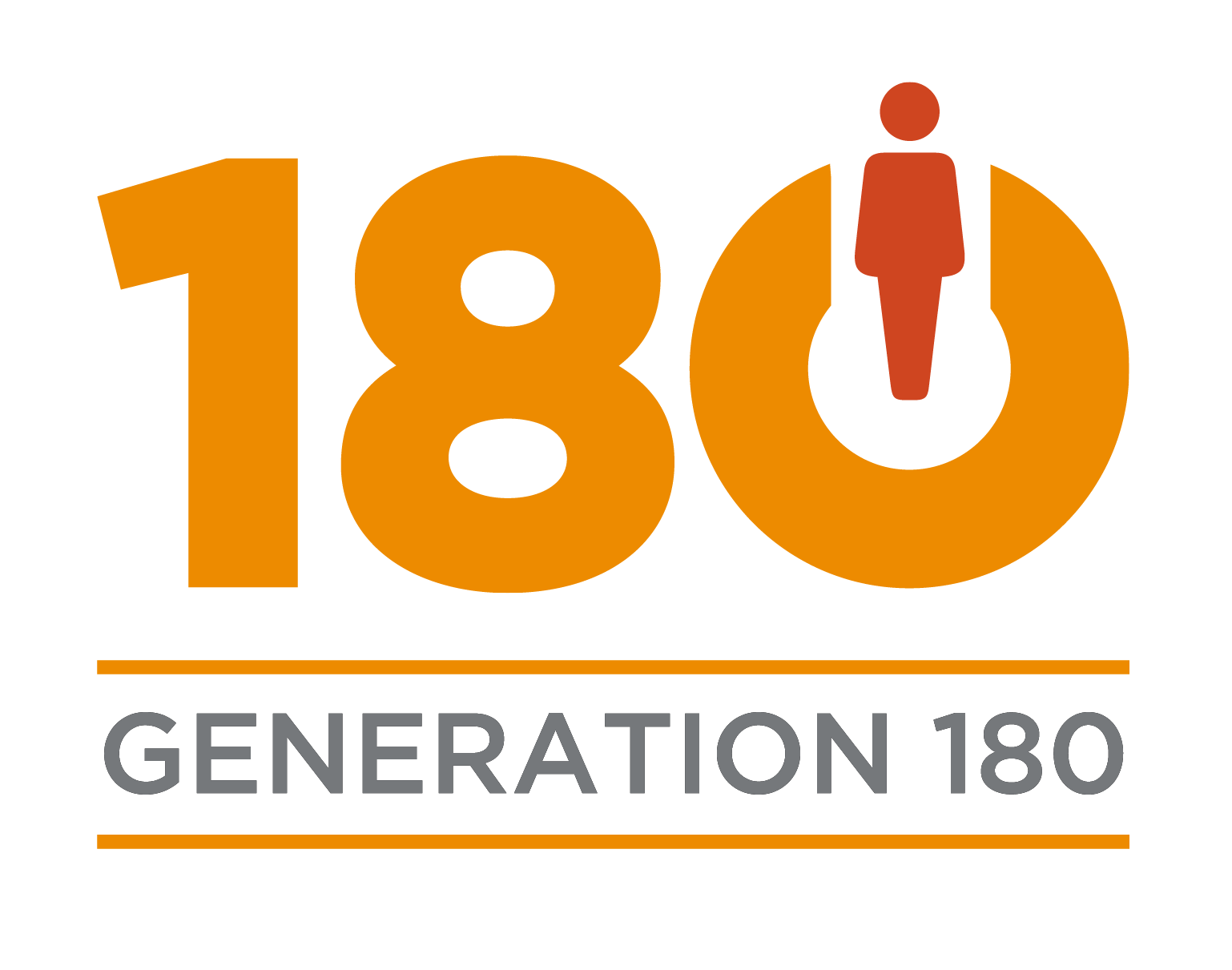ORIGINAL SOURCE: PAGOSA DAILY POST
OPINION: Kit Carson Electric Cooperative Responds to Tri-State Debate
By Luis A. Reyes Jr.
In recent days, the topic of energy providers has emerged as a polarizing issue with information — some accurate, some patently false — being disseminated through public opinion forums and presented as fact. As CEO of the Kit Carson Electric Cooperative (KCEC), the only Co-op that has successfully ended its relationship with Tri-State Generation and Transmission, I write this without opinion nor conjecture, but rather with objective facts.
In the February 9 issue of the Pagosa Daily Post, a piece ran entitled “LPEA Needs Open-Minded Directors” — that can be read in full here — authored by Guinn Unger, LPEA Board of Directors District 4 representative. The article highlights that in addition to Tri-State limiting the amount of generation LPEA can own, the majority of Tri-State’s generation that supplies LPEA is from coal. Additionally, Unger provides that Tri-State’s prices have been higher than average market prices since 2009, as well as that because LPEA’s single-largest expense is power procurement from Tri-State the LPEA Board has very little control over what it must charge its members.
Unger goes on to conclude that: “The most disturbing thing about the LPEA Board [to him] is the unwillingness of some directors to even consider alternatives. Kit Carson Electric Cooperative in Taos, N.M., bought out their contract with Tri-State in 2016, so it can be done…. [LPEA is] buying our electricity from one of the dirtiest sources in the US and paying well above market prices. Why wouldn’t [LPEA] want to explore our options?”
Unger’s piece was met with a response in the Pagosa Daily Post on February 21 from his colleague, LPEA CEO Mike Dreyspring, entitled “Clarifying the Facts at LPEA,” which can be read in full here.
In his piece, Dreyspring shares his defense of his Co-op’s contractual agreement with its electrical provider Tri-State, as well as his unsubstantiated — and in many cases, patently false and misleading — statements about the KCEC partnership with Guzman Energy.
Some of the most egregious statements include:
“When one is considering the 7.3 cents, we need to be reminded this is a bundled cost that not only includes the cost of energy but also capacity…. Renewables are a great generator of energy kWh but come up short on supply demand or capacity.”
The fact is the KCEC/Guzman Energy partnership is a Full Requirements Contract that includes Energy, Capacity and all associated Ancillary Services inclusive in the PPA price.
“Tri-State is increasing its production of renewable energy from wind and solar sources, and Tri-State is the leading solar Generation and Transmission cooperative in the nation with three utility-scale solar projects totaling 85 megawatts.”
The fact is any additional renewables added to the Tri-State energy mix will only economically benefit Tri-State. None will be locally developed and thus will not have a direct impact on LPEA members.
“Kit Carson’s rates increased in December 2016…. Kit Carson also received New Mexico Public Regulatory Commission approval for a wholesale tariff adjustment rider, which suggest Kit Carson’s rates were not fixed.”
The fact is KCEC’s rate from Guzman is fixed for the term of 10 years, which is not mutually exclusive from the tariff adjustment.
“While we don’t know the exact terms of Kit Carson’s deal with their new wholesale power supplier, I feel their Palo Verde delivery point arrangement is not fixed, but rather variable and subject to volatility.”
The fact is Palo Verde is not the delivery point for KCEC — San Juan/Four Corners is. The PPA price is fixed for the term of the agreement and it is not variable, thus eliminating volatility.
“Our analysis suggests Kit Carson was financed at 12% to pay Guzman for the buyout costs. If you look at Kit Carson’s year-end 2015 and 2016 financial statements it’s clear their net margins are insufficient, and probably don’t meet their mortgage covenants, in my opinion, though I have not read their mortgage agreements and documents.”
The fact is the 12% “suggested” finance rate is significantly higher than our actual rate, and KCEC mortgage covenants are absolutely met.
“LPEA has reported that for each $100 million in buyout costs, LPEA’s rates would increase 1.5 cents per kWh.”
The fact is KCEC rates have not increased one cent due to the buyout.
There is a clear pattern of uninformed, speculative and patently false word choice used in an article purported as fact. Statements such as “I feel”; “in my opinion”; “suggests”; “could be”; and “we don’t know the exact terms” are the epitome of speculation and opinion.
The true facts about the KCEC agreement with Guzman are simple and strait forward. On March 7, 2016, Guzman Energy and KCEC entered into a 10-year agreement that has been verified through KCEC’s independent consultants to save rate payers $50 million to $70 million through the life of the contract, while also encouraging economic development and job creation through local renewable-energy development projects.
Guzman has agreed to help KCEC achieve a goal of 100% renewable generation over its summer peak through locally sourced renewable energy, with all economic benefit staying within the communities of KCEC. Had KCEC not have exited its former contract with Tri-State, a savings of more than $2.1 million per year for the next 25 years would not have been possible.
The topic of cost-effective, reliable, clean energy is an important conversation to have for all rural communities. At KCEC, we are proud of our fantastic working relationship with Guzman Energy — a wholesale power provider that is a true partner in working with us to help shape the future of our energy infrastructure.
Thank you for reading — we’d love to help and have our neighbors join us in making our all of our communities more competitive in all facets of the energy arena.
Luis A. Reyes Jr. is CEO at Kit Carson Electric Cooperative




Leave A Comment